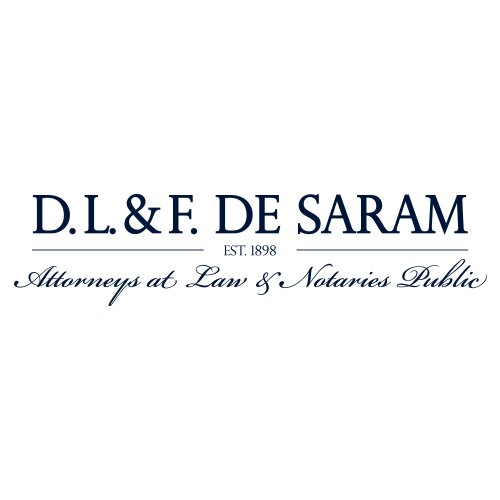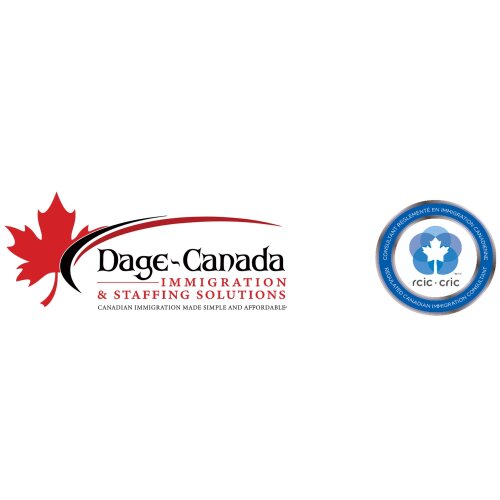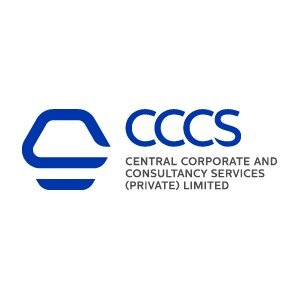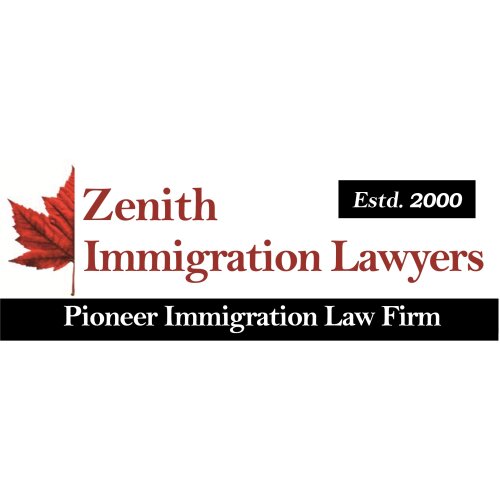Best Retirement Visa Lawyers in Sri Lanka
Share your needs with us, get contacted by law firms.
Free. Takes 2 min.
Or refine your search by selecting a city:
List of the best lawyers in Sri Lanka
About Retirement Visa Law in Sri Lanka
The Retirement Visa for Sri Lanka, also known as the “My Dream Home Programme,” is an option for foreign nationals aged 55 years and above who wish to retire in Sri Lanka. This visa scheme is designed to provide a long-term residential option, offering valid residency for up to two years with the possibility of renewal. Applicants must meet financial criteria, including a stipulated monthly income and security deposit, to qualify for this visa.
Why You May Need a Lawyer
While the process for obtaining a Retirement Visa in Sri Lanka may appear straightforward, there are several reasons why individuals may seek legal help:
- Complex Documentation: Navigating through the necessary paperwork and ensuring all required documents are accurately completed can be complex.
- Compliance Issues: Understanding and adhering to the criteria set by the Sri Lankan authorities for visa qualification is crucial. Missing information or misinterpretation of requirements can lead to delays or rejections.
- Appeals and Rejections: In cases of visa denial, legal assistance can be vital for addressing issues and pursuing appeals or reapplications.
- Asset Management: Coordinating legal matters related to local asset ownership, investments, or setting up permanent residency can benefit from legal counsel.
Local Laws Overview
Key aspects of the local laws in Sri Lanka related to the Retirement Visa include:
- Age Requirement: Applicants must be at least 55 years old.
- Financial Criteria: Applicants must have a minimum monthly income of USD 1,500 and an additional USD 750 per dependent.
- Security Deposit: A fixed deposit of USD 15,000 in a local bank is required.
- Insurance: Applicants must have medical insurance valid in Sri Lanka.
- Renewal Process: The visa must be renewed every two years, subject to continued compliance with initial requirements.
Frequently Asked Questions
What is the minimum age requirement for a Retirement Visa in Sri Lanka?
The minimum age requirement is 55 years.
What financial proof is needed to apply for a Retirement Visa?
Applicants must demonstrate a minimum monthly income of USD 1,500 and have a security deposit of USD 15,000 in a Sri Lankan bank.
Can I work in Sri Lanka with a Retirement Visa?
No, the Retirement Visa does not permit the holder to engage in employment in Sri Lanka.
Is it possible to include dependents in my Retirement Visa application?
Yes, dependents can be included, but an additional monthly income of USD 750 is required for each dependent.
How long is the Retirement Visa valid?
The Retirement Visa is valid for two years and can be renewed.
What documents are required for the visa application?
Required documents include a valid passport, proof of income, bank statements for the deposit, and health insurance details.
Is a police clearance required for the visa application?
Yes, a police clearance certificate from your home country is required.
Can visa processing times vary?
Yes, processing times can vary, so it's advisable to apply well in advance of planned travel.
What is the process for renewing the Retirement Visa?
Renewal involves reapplying with updated documents and maintaining the original visa requirements, including financial criteria.
What should I do if my application is rejected?
If your application is rejected, you may consult a legal expert to understand the reasons for rejection and to guide you through a possible appeal or reapplication process.
Additional Resources
For further assistance with the Retirement Visa in Sri Lanka, consider reaching out to the following resources:
- Department of Immigration and Emigration Sri Lanka: The official body managing visa regulations.
- Sri Lanka Foreign Ministry: Provides guidance on foreigner procedures within the country.
- Legal Consultancies: Local law firms with services specializing in immigration help can offer personalized advice.
- Expatriate Associations: Groups such as the Expatriate Society of Sri Lanka may provide community advice and support.
Next Steps
If you need legal assistance with a Retirement Visa in Sri Lanka:
- Research Qualified Lawyers: Look for lawyers specializing in immigration who have experience with retirement visas.
- Consultation: Arrange preliminary consultations to understand their services, costs, and approach.
- Document Preparation: Gather all necessary documents as per the lawyer's guidance to facilitate a smooth application or appeal process.
- Follow-up: Regularly follow up with your lawyer to ensure timely updates and compliance with any additional requirements.
Lawzana helps you find the best lawyers and law firms in Sri Lanka through a curated and pre-screened list of qualified legal professionals. Our platform offers rankings and detailed profiles of attorneys and law firms, allowing you to compare based on practice areas, including Retirement Visa, experience, and client feedback.
Each profile includes a description of the firm's areas of practice, client reviews, team members and partners, year of establishment, spoken languages, office locations, contact information, social media presence, and any published articles or resources. Most firms on our platform speak English and are experienced in both local and international legal matters.
Get a quote from top-rated law firms in Sri Lanka — quickly, securely, and without unnecessary hassle.
Disclaimer:
The information provided on this page is for general informational purposes only and does not constitute legal advice. While we strive to ensure the accuracy and relevance of the content, legal information may change over time, and interpretations of the law can vary. You should always consult with a qualified legal professional for advice specific to your situation.
We disclaim all liability for actions taken or not taken based on the content of this page. If you believe any information is incorrect or outdated, please contact us, and we will review and update it where appropriate.
Browse retirement visa law firms by city in Sri Lanka
Refine your search by selecting a city.

















